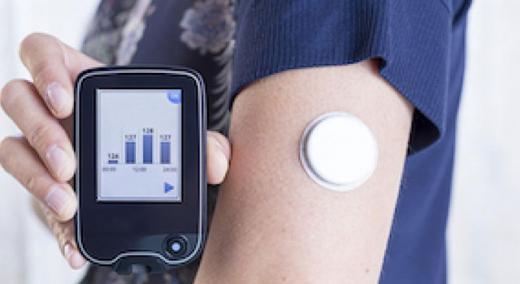
For many of us, our electronic device can be a communications lifeline, entertainment system, and professional networking hub. If trends continue, it may become our health advisor as well.
|
ADVERTISEMENT |
Direct-to-consumer (DTC) medical apps are a growing segment of the $10 billion market for healthcare solutions, incorporating machine learning (ML) and artificial intelligence (AI). Most are designed to flag symptoms that may require attention from a healthcare professional. For instance, the Apple Watch’s heartbeat sensor periodically checks for irregular rhythms associated with atrial fibrillation (AFib), a disorder that can cause strokes and hospitalization.
Despite their increasing accessibility to consumers, these apps have yet to generate much interest from regulators. At first glance, this may seem sensible. The apps do not claim to dispense advice or treatment, but rather notifications of possible early warning signs.
…
Add new comment